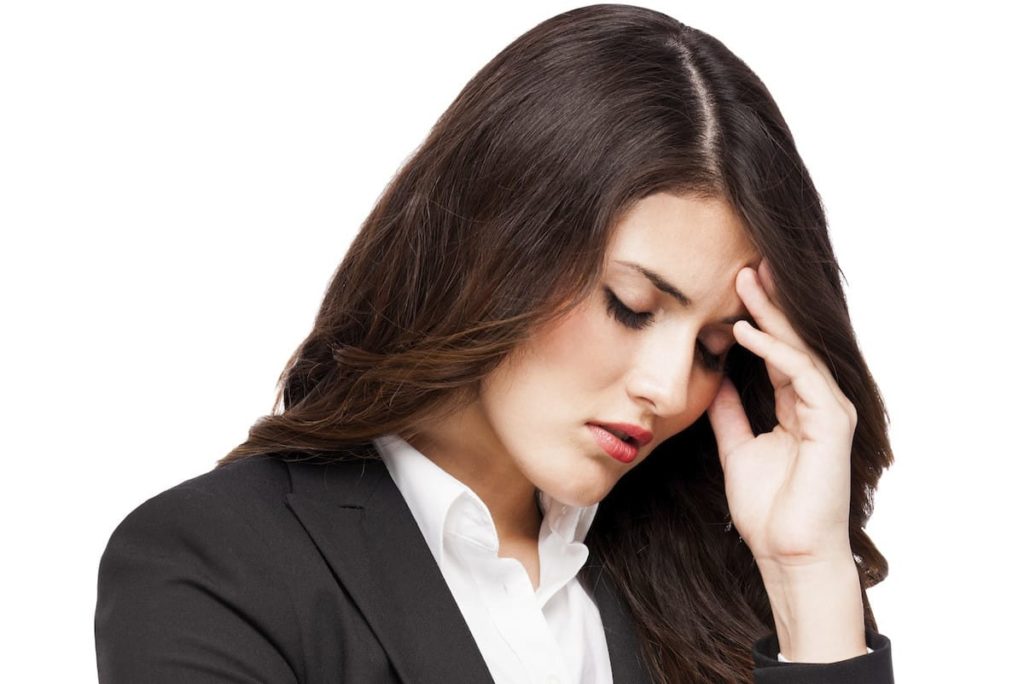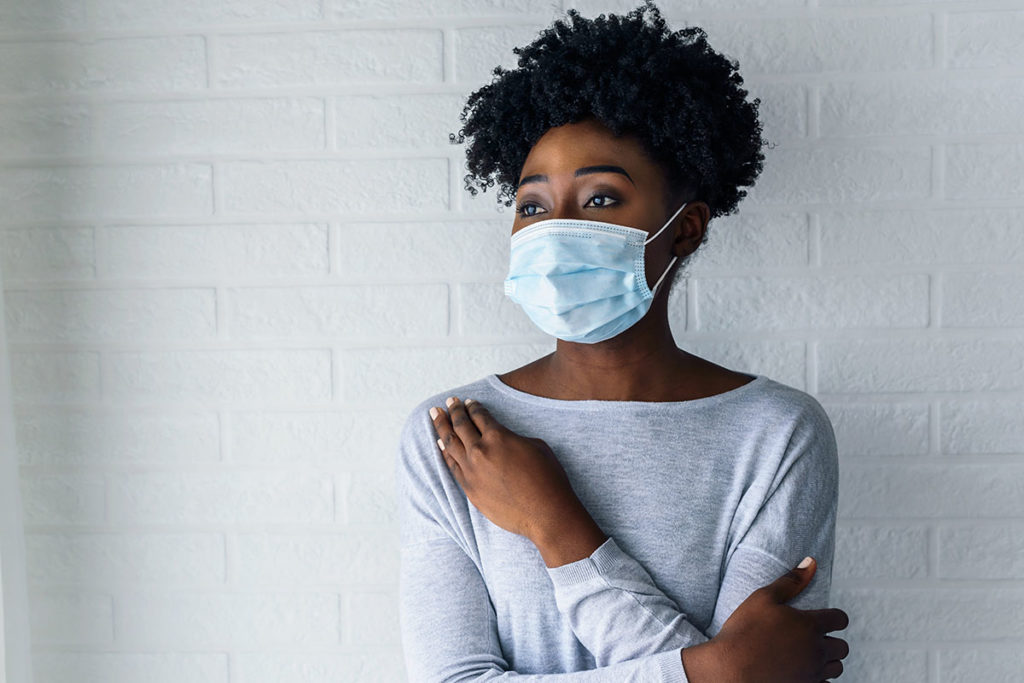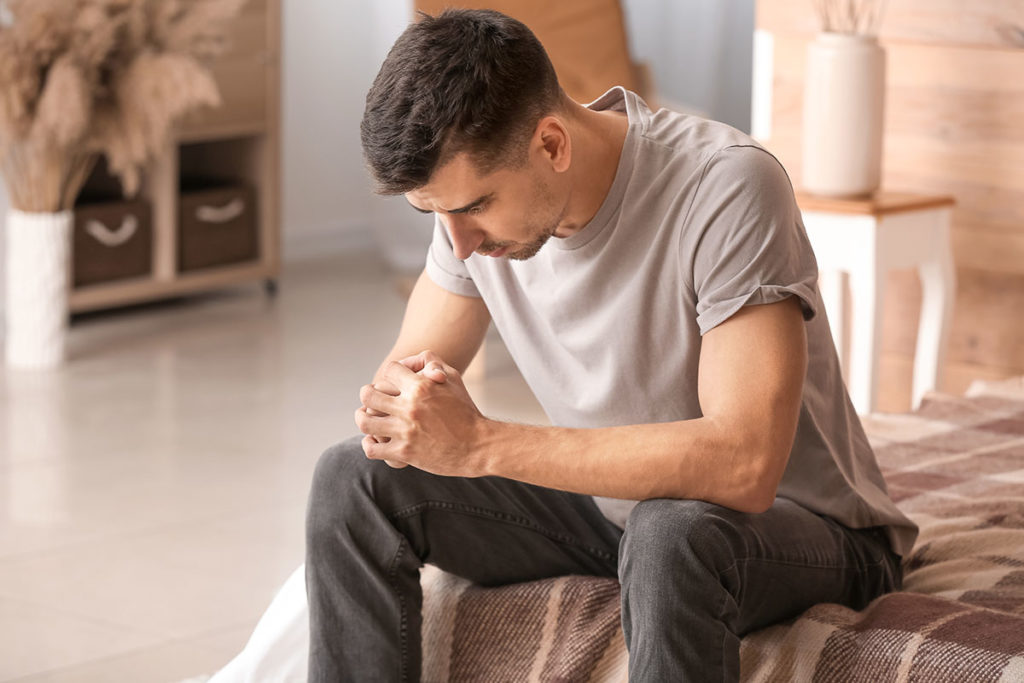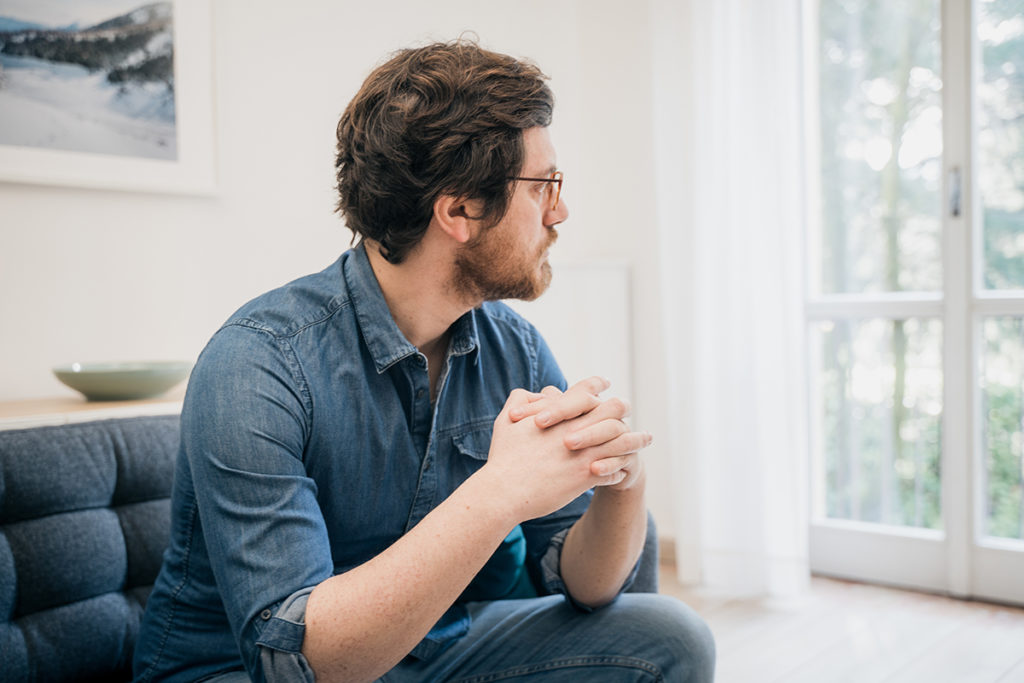Does alcohol cause depression? If you’re asking this question, you or a loved one is struggling with depression caused by drinking.
The Right Step is a full-service addiction and mental health treatment center that welcomes people who are struggling with depression caused by alcohol abuse. Our team has experience in treating AUD and any co-occurring conditions that may arise. As part of our depression treatment program, you’ll focus on developing new coping strategies while receiving medication to help alleviate withdrawal symptoms and cravings. Additionally, you’ll engage in relapse prevention therapy, equipping you with effective tools to manage triggers and symptoms more confidently.
What to know about alcohol abuse and depression
Alcohol abuse is a widespread issue in the United States, impacting millions each year. In 2022, nearly 29 1,000,000 Americans aged 12 and older faced alcohol use disorder (AUD), according to the National Institute on Alcohol Abuse and Alcoholism (NIAAA).1 Alcohol abuse can cause a variety of mental health conditions, such as depression, anxiety, panic disorders, and affect your impulse control.
Does alcohol cause depression?
The short answer is yes. Alcohol can cause depression. Alcohol itself is a central nervous system (CNS) depressant, and when you drink, it causes the brain to slow down messages to the body. The result is euphoria, relaxation, and being more sociable. Drinking once in a while is fine, but continued drinking will lead to dependence and addiction, where you’ve to drink more to feel the same effects.
How can alcohol cause depression? Alcohol releases dopamine into the system, which gives you that euphoric feeling and can make you unbalanced and unfocused. When you drink, you’ll feel the urge to drink more, and if you give in, it can affect how your body releases dopamine.
What are common alcohol withdrawal symptoms?
Instead of releasing dopamine naturally when you do something fun, you need more alcohol to release any amount of this chemical. If this happens, it can cause painful withdrawal symptoms when you try to stop. Alcohol withdrawal symptoms include:
- Nausea and vomiting
- Headaches
- Confusion
- Insomnia
- High blood pressure
- Trembling
- Anxiety
- Depression
If you try to stop, your body will create these symptoms to get you to drink more. If you don’t, it can cause depressive symptoms, such as: low mood, sadness, anxiety, fatigue, changes in appetite and weight, unexplained aches and pains, and increasingly negative thoughts.
Depression is a symptom of AUD just as much as addiction is a symptom of depression. According to a 2020 review of research, they found that 25% of people with major depressive disorder (MDD) also have a substance use disorder (SUD).
Recognizing the signs of depression
Recognizing the signs of depression can help you better understand the condition, its symptoms, and how to treat it. This is important to know if you suspect someone in your circle is depressed and using drugs or alcohol as a scapegoat.
Physical signs of depression
Depression often manifests physically, bringing symptoms that can disrupt daily life. It may cause unexplained aches and pains, such as headaches, stomach discomfort, or muscle tension. Changes in appearance are also common, with individuals losing or gaining weight and paying less attention to their personal grooming. For many, food becomes a coping mechanism to manage the challenging effects of depression.
Other physical signs of depression include:
- Fatigue and low energy
- Insomnia or hypersomnia
- Nausea
- Bloating
- Weakened immune system
- Decreased sexual interest
If you experience any of these symptoms and use alcohol for support, you’re only making the problem worse. A depression treatment program is the safest, most effective way to treat the symptoms of depression.
Behavioral and emotional signs of depression
Depression can take a heavy emotional toll, often manifesting as persistent feelings of sadness and emptiness. It can strip away your enjoyment of activities you once loved, leaving you hopeless and irritable. Concentration becomes a struggle, making it challenging to focus for extended periods. You may grapple with overwhelming guilt, feelings of worthlessness, and, in more severe cases, intrusive thoughts of death or suicide. If you or someone you know is struggling with thoughts of suicide, the Suicide and Crisis Lifeline is available 24/7 at 988.
Substance abuse is a common behavioral sign of depression, often leading individuals to rely on alcohol or drugs in an attempt to feel better. Unfortunately, this coping mechanism only exacerbates the depression, creating a vicious cycle where substance use and depressive feelings feed into each other. Over time, this pattern can cause you to withdraw from loved ones and avoid social activities you once enjoyed. This often increases isolation and creates a deep sense of loneliness.
If you’re drinking to ease depressive symptoms, you’re not alone. There are several programs available that can treat depression symptoms at the same time as they treat substance abuse.
Start on the path to recovery with depression treatment at The Right Step
The Right Step welcomes people who are struggling with depression caused by an addiction to alcohol. When you first arrive at one of our discreet locations, our team will evaluate you and ask questions about your depression and if you used drugs or alcohol to cope. We’ll develop a comprehensive program that includes behavioral and holistic therapy along with medication to ease any withdrawals, cravings, and other depressive symptoms.
If you or a loved one is struggling with addiction and worried about being depressed, fill out our online form or call 888.488.6017 today to speak with our compassionate team.
Footnote:






